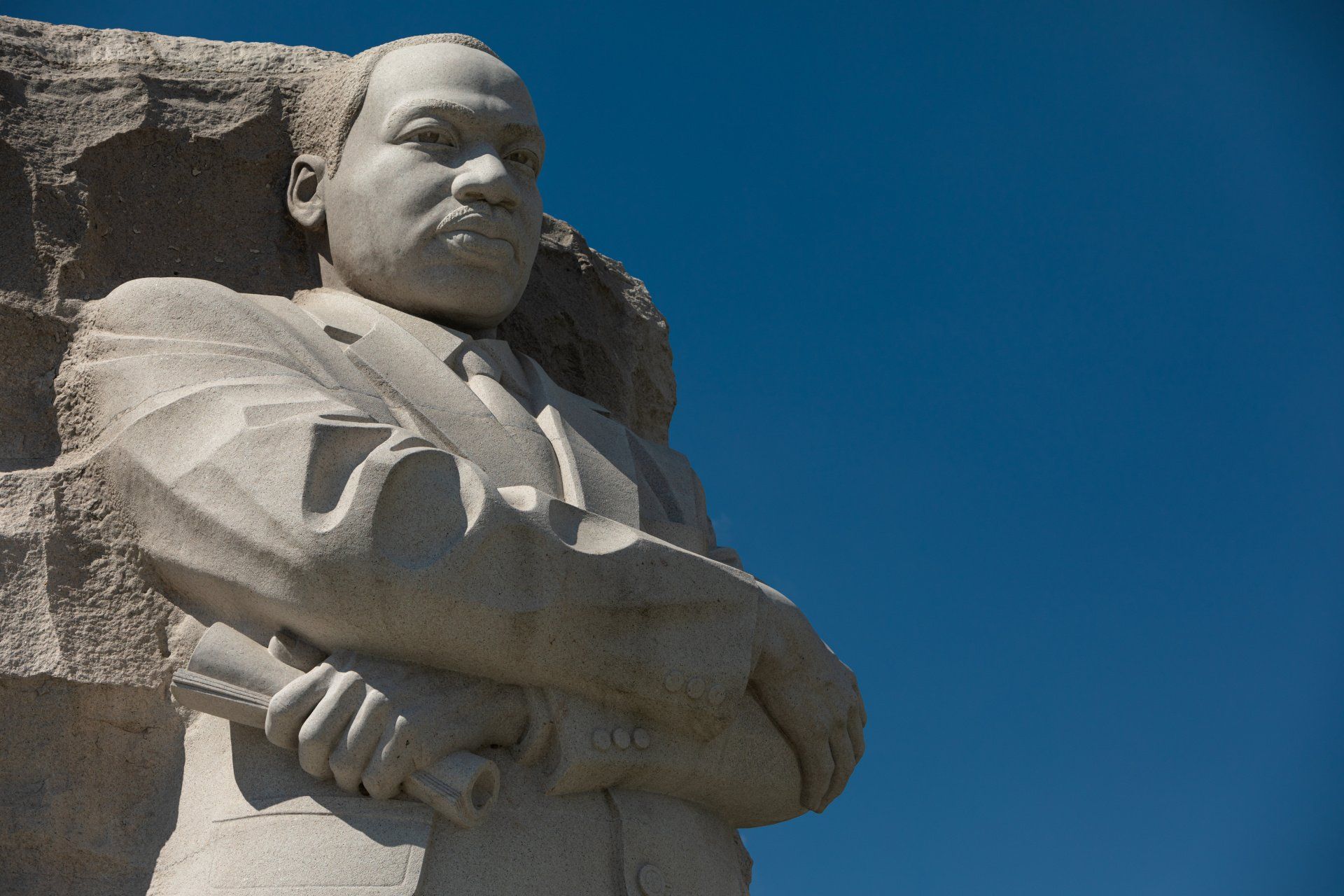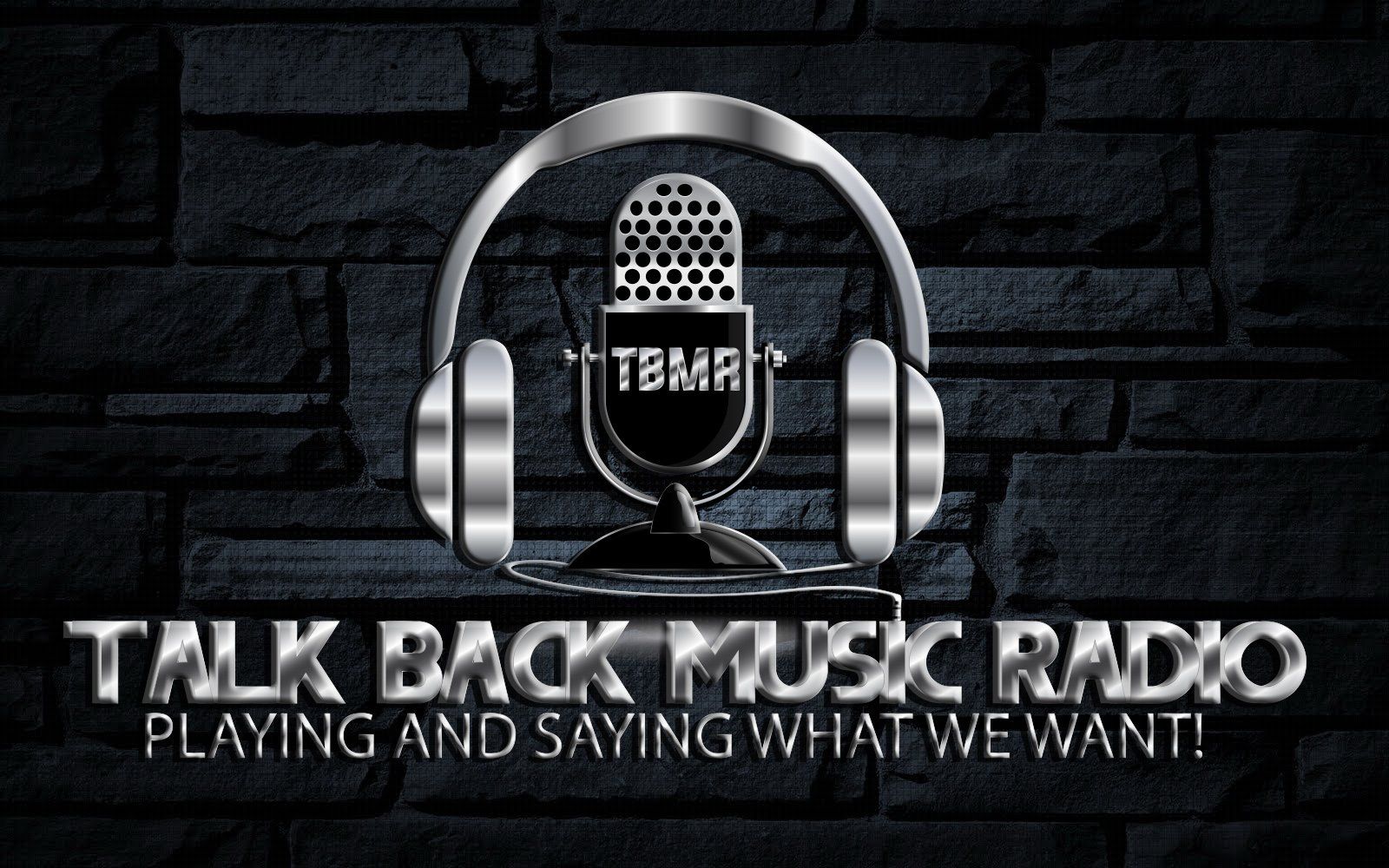Blog Layout
Now is the Time
Oct 13, 2020

Who could have possibly imagined that 2020 would be the year of the quarantined?
All the symbolism about 2020 and clear vision that consumed the 2019 wrap ups and reviews totally missed the impact a different type of STD (Socially Transmitted Disease) would have on our ability to live, work, play and vote. Our ability to express ourselves through our right to vote has been curtailed. State and local officials are making every effort to figure out safe and sanitary ways to overcome this plague on our rights. Just what are our options to keep hope alive?
First, we will have the chance to vote by absentee ballot. If that is your choice, you will have to take affirmative
steps to request a ballot soon, properly fill it out, and mail it to the proper place prior to a deadline.
Second, we will have the opportunity to early vote in person at prescribed polling places. In past years, North Carolinians have used this option bountifully. The pandemic raises challenges with respect to public gatherings but a well-spaced out early voting scenario might provide enough social distance comfort to be acceptable.
Third, we can go to the polls on election day to cast our vote. Here too, a well thought out social distance plan
could make voting day a comfortable experience for those who are sticklers for tradition.
The pandemic is a new component in our “vote or not” equation. Historically, inclement weather on voting day worried candidates. In certain parts of the country the definition of inclement weather includes hurricanes. Natural disasters can occur weeks ahead of election day and have a deleterious effect on voter turnout. Factors beyond human control have turned the mathematics of voting into calculus – how do we come to understand changes in values that are related by a function?
Politically, this is the year of the big kahuna. Everybody who wants to be somebody is on the ballot this year. Make
no mistake about it, pandemic or not, inclement weather or not, the show will go on.
You have three choices – absentee voting, early voting, or day of voting.
If change is a priority, this is the year to make it happen.
Be very mindful of what Nelson Mandela said, “May your choices reflect your hopes not your fears.”
Originally Published in the AfAmTURNOUT NORTH CAROLINA newsletter - Aug 18, 2020
Share
Tweet
Share
Mail
Thoughts from Henry Lancaster II

02 Mar, 2022
There is a phrase I am sure many of you have heard at one time or another: “hope springs eternal.” Another way to put it is a famous literary query “if Winter comes, can Spring be far behind?” Sixty-five years ago this May 17th, na-tional civil rights leaders called for a rally on the steps of the Lincoln Memorial hoping to get the federal government to fulfill the promise of the Brown v. Board of Education decision with supporting enabling legislation (more specifi-cally the Civil Rights of 1957 which, by the way, was filibustered to defeat by Senator Strom Thurmond). A very young Martin Luther King, Jr. joined the litany of presenters that day as the last speaker. The very young King noted that the monumental Brown decision was met with opposition in open defiance from many states. One form of opposition he addressed was “all types of conniving methods that are still being used to prevent Negroes from becoming registered voters.” He stated that the “denial of this sacred right is the tragic be-trayal of the highest mandates of our democratic tradition.” The defenders of voting rights today echo the same message in their challenges to restrictions being legislated al-most daily across the country. Decades before King, American writer and bard, James Weldon Johnson, wrote about democracy in America stating that “[t]his country can have no more democracy than it accords and guaran-tees to the humblest and weakest citizen.” Both King and Johnson spoke of the fulfillment of the American govern-ance experiment as having to be inclusive and non-judgmental. They more than intimated that America cannot suc-ceed if it does not allow all its citizens to have a voice. King stated, “Give us the ballot, and we will no longer have to worry the federal government about our basic rights. Give us the ballot, and we will no longer plead to the federal government for passage of an anti-lynching law; we will by the power of our vote write the law on the statute books of the South and bring an end to the das-tardly acts of the hooded perpetrators of violence. Give us the ballot, and we will transform the salient misdeeds of bloodthirsty mobs into the calculated good deeds of orderly citizens. Give us the ballot, and we will fill our legislative halls with men of goodwill and send to the sacred halls of Congress men who will not sign a “Southern Manifesto” because of their devotion to the manifesto of justice. Give us the ballot, and we will place judges on the benches of the South who will do justly and love mercy, and we will place at the head of the southern states governors who will, who have felt not only the tang of the human, but the glow of the Divine.” Arguably, the United States Constitution was intended to be the beginning of a nation’s evolution not a marker in time to fit the interests of those “in charge” at the time. I say arguably because so many of the founding fathers and their successors were purveyors of our country’s original sin. Contradictions have ravaged our past. But over time however, amendments have been adopted to right the wayward ship. And it is those amendments that have ex-panded the nation’s contract with its citizens that all men are created equal and are endowed with inalienable rights to life, liberty, and the pursuit of happiness. Voter suppression is hands down a breach of that contract. If one’s Second Amendment right to bear arms is con-sidered untouchable so should be another’s right to participate in structuring their governance. That is, a voter has the right to enter a polling place with the expectation that their vote can and will make a difference. If that voter is left with the impression in any way that the exercise of the right is mathematically insignificant for any reason other than their inability to rally like minded voters, then a breach has occurred. A breach of that magnitude is un-American. If hope truly springs eternal, it is because each election season has meaning for more than a privileged few. (References to Dr. King can be found at the King Research and Education Institute at Stanford University)
